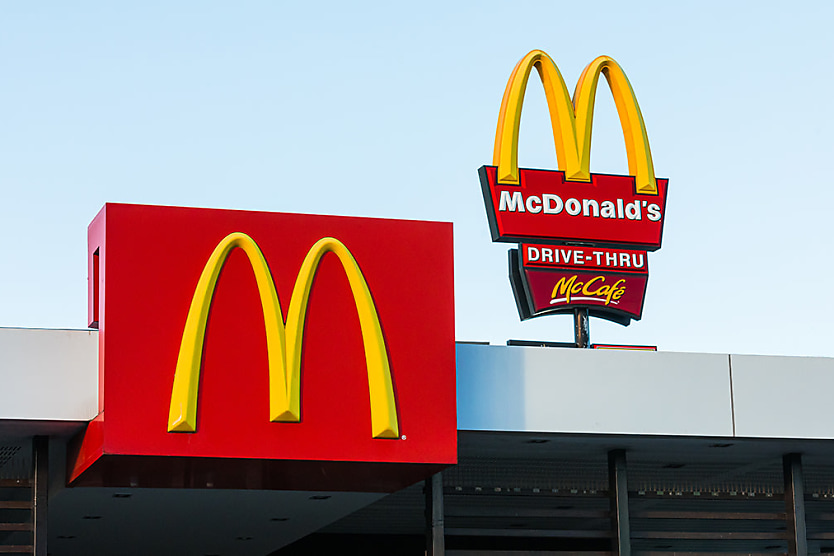Union moves ahead with bargaining application for all 115k McDonald’s workers
SHARE THIS ARTICLE

After a successful application with the Fair Work Commission for 5,000 South Australian Maccas workers, the Shop, Distributive and Allied Employees Association (SDA) has set its sights on the entirety.
As previously reported on HR Leader, the FWC granted a huge win for the SDA, giving it the platform to bargain on behalf of more than 5,100 workers operating across 18 South Australian McDonald’s franchises to improve their pay conditions.
The application – which was heavily disputed by the global fast-food giant – has now broadened as the union has lodged new applications to McDonald’s and its franchisees across the country to give their 115,000 workers the right to also collectively bargain.
According to the SDA, the applications seek to offer some of the “youngest” and “lowest-paid workers” across Australia more of a say at the negotiation table.
“These applications are a logical next step, following the SDA’s success with the South Australian case,” said Gerard Dwyer, national secretary the SDA.
“That ruling by the Fair Work Commission confirmed what was always obvious: that McDonald’s stores, whether franchisees or corporate – share common interests and that workers should be able to bargain together.
“McDonald’s should accept the umpire’s decision and get on with negotiating with all its employees, who are the largest cohort of low-paid and overwhelmingly young workers in the country.”
Dwyer claimed that because each McDonald’s operates in an extremely similar way, collective bargaining on behalf of the workers makes sense.
“All McDonald’s stores – whether operated by McDonald’s corporate or franchisees – use the same sesame buns, the same pickles and the same systems.
“It is clear that all McDonald’s stores share common interests, and their workers should be able to bargain for improved wages and conditions.
“In short, these young, low-paid workers – many in their first jobs – should be able to say: ‘I’ll have bargaining with that’,” he said.
Innes Willox, chief executive of Australia Industry Group (Ai Group), shared disappointment about the initial win for the SDA, arguing that the precedent set is dangerous for businesses – calling for immediate amendments to be made.
“The decision highlights the risk for thousands of employers in the fast food, retail, hospitality and many other sectors of being dragged into multi-employer bargaining by unions against their will and without the support of the majority of their employees,” said Willox.
“This includes many small businesses that are struggling to survive in the current difficult trading environment.
“The union-friendly supported bargaining stream was intended to operate in sectors where the employers and employees need a lot of support to bargain, typically because of the government-funded nature of those sectors. This is the first time that a supported bargaining authorisation has been issued outside of a government-funded sector.
“Many hundreds of enterprise agreements have been made in the fast-food industry, and there is no reason why the main enterprise bargaining laws should not apply, including the requirement for a union to establish that the majority of employees support the negotiation of an enterprise agreement.”
Kace O'Neill
Kace O'Neill is a Graduate Journalist for HR Leader. Kace studied Media Communications and Maori studies at the University of Otago, he has a passion for sports and storytelling.

